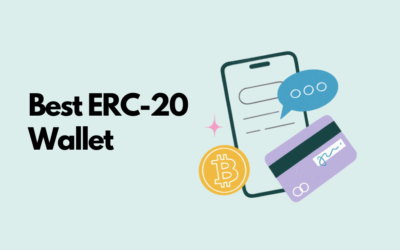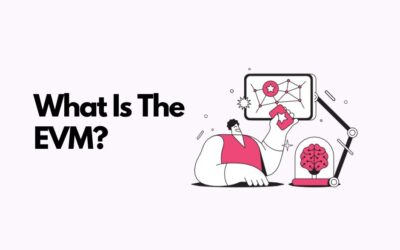Ready to learn Solidity? Whether you are a smart contract developer or simply want to add better understanding of the programming language to your toolbelt, this guide provides everything that you need to get started.
Ready to learn Solidity?
What is Solidity?
Solidity is a programming language for writing smart contracts on the Ethereum blockchain. It is used to implement, deploy and execute smart contracts on the Ethereum platform.
Prerequisites to learn solidity
Before you start learning Solidity, it is recommended that you have a basic understanding of the following concepts:
- Blockchain and Ethereum: It is important to have a basic understanding of how the blockchain works and what Ethereum is. You can learn about these concepts by reading articles or watching videos online.
- Programming: Solidity is a programming language, so it is important to have some basic programming skills. If you are new to programming, it is recommended that you learn a programming language like Python or JavaScript first.
Setting up your development environment
Before you start writing Solidity code, you will need to set up a development environment. Here are the steps to set up your development environment:
- Install Node.js: Solidity is compiled using Node.js, so you will need to install it on your machine. You can download and install Node.js from the official website (https://nodejs.org/en/).
- Install a Solidity compiler: There are several Solidity compilers available, such as Remix and Solc. You can install a Solidity compiler by following the instructions on the official website (https://solidity.readthedocs.io/en/v0.8.3/installing-solidity.html).
- Install a code editor: You will need a code editor to write and edit your Solidity code. Some popular code editors for Solidity include Visual Studio Code, Atom, and Sublime Text.
Solidity syntax and data types
Once you have set up your development environment, you can start learning the Solidity syntax and data types.
- Syntax: Solidity has a syntax similar to JavaScript and C++. It uses curly braces to define functions and blocks of code, and semi-colons to end statements.
- Data types: Solidity has several data types that you can use in your code, including integers, booleans, and strings. It also has a special data type called “address” that represents the Ethereum address of a contract or an external actor.
Variables and functions
In Solidity, you can declare variables and functions using the “var” and “function” keywords. Variables and functions can have different visibility levels, such as “public” or “private”, which determine who can access them.
Control structures
Solidity supports common control structures such as “if” statements and “for” loops. You can use these control structures to control the flow of your code and make decisions based on the values of variables.
Smart contracts
A smart contract is a self-executing contract with the terms of the agreement between buyer and seller being directly written into lines of code. The code and the agreements contained therein are visible to all parties involved.
In Solidity, you can define a smart contract using the “contract” keyword. A smart contract can have variables, functions, and events. You can use the “this” keyword to access the current contract instance.
Deploying and testing smart contracts
Once you have written your smart contract, you can deploy it to the Ethereum blockchain using a tool like Truffle or Remix. Before deploying your contract, it is recommended that you test it using a Solidity testing framework like Mocha or Chai.








0 Comments